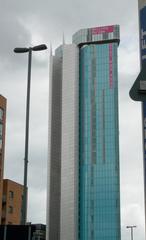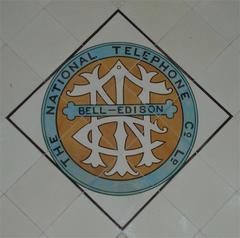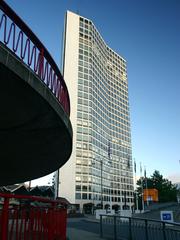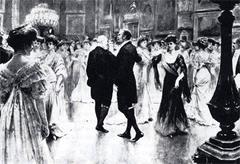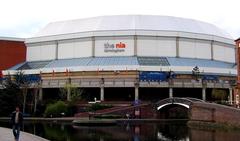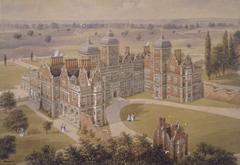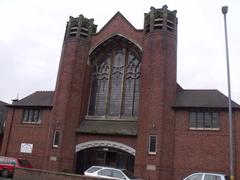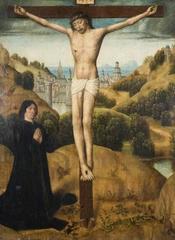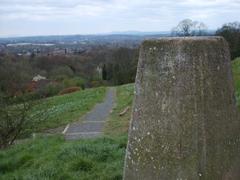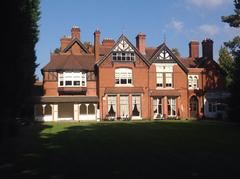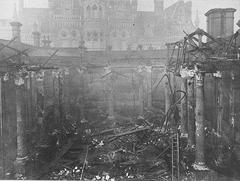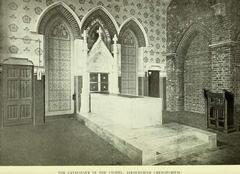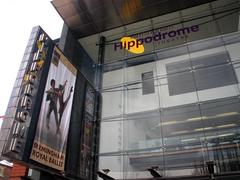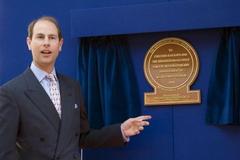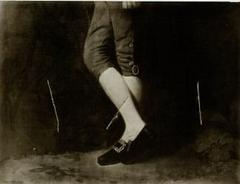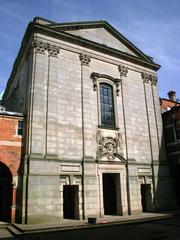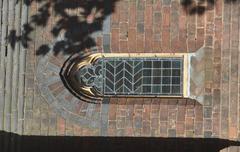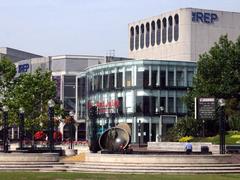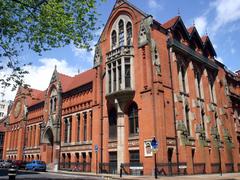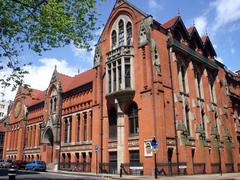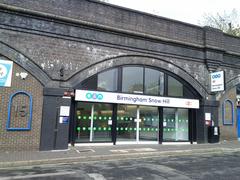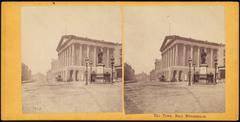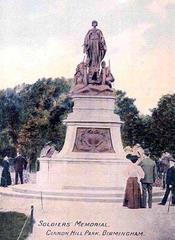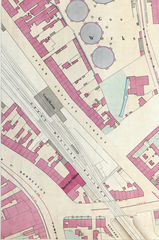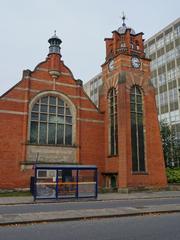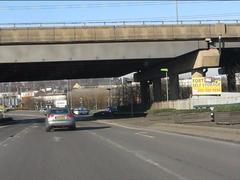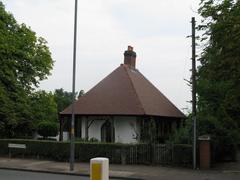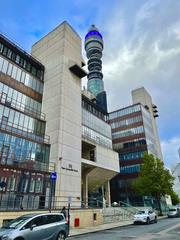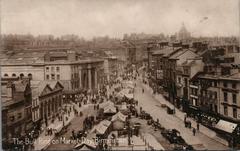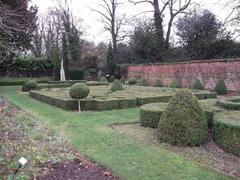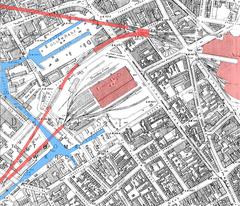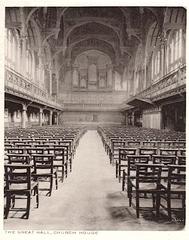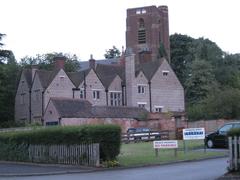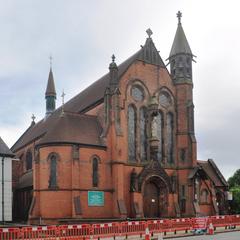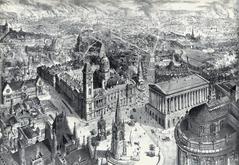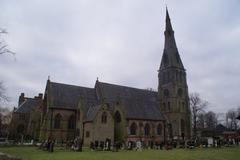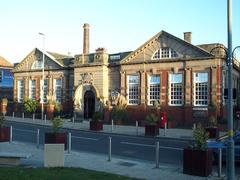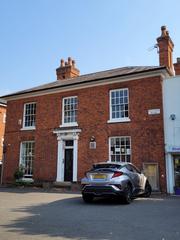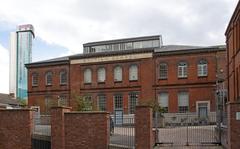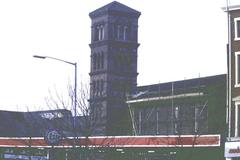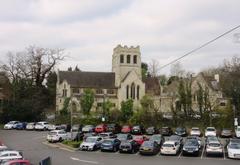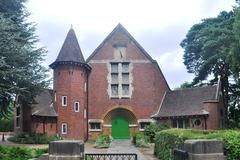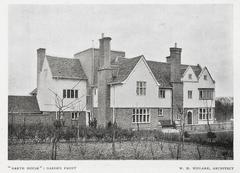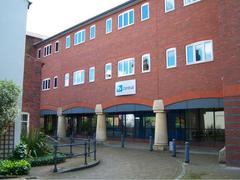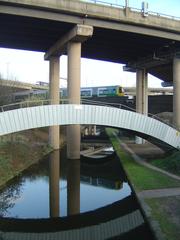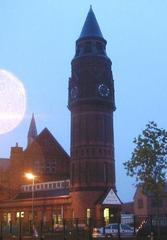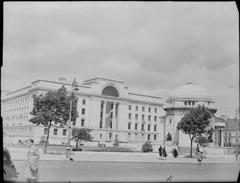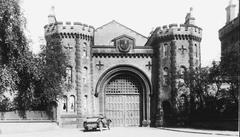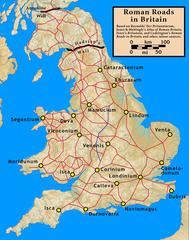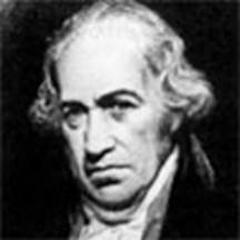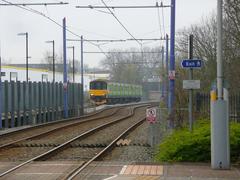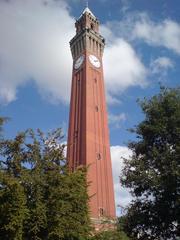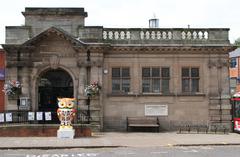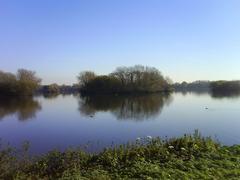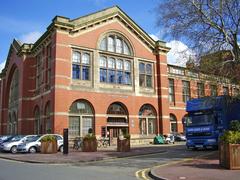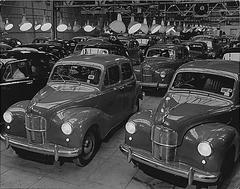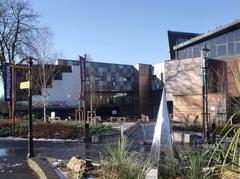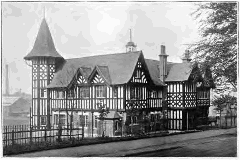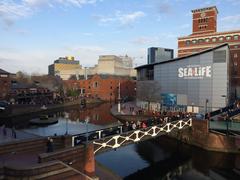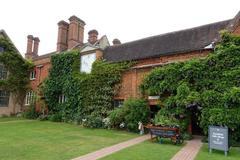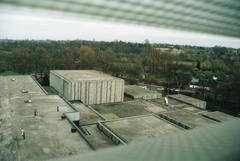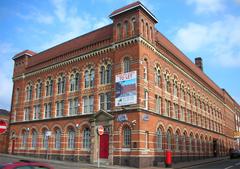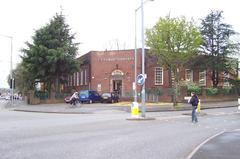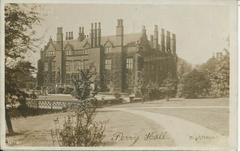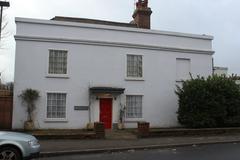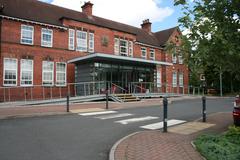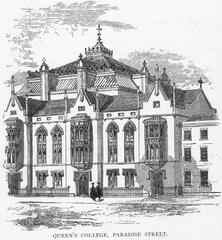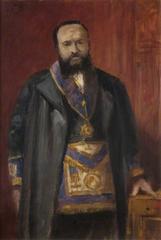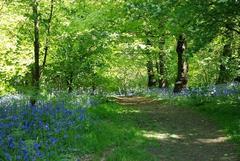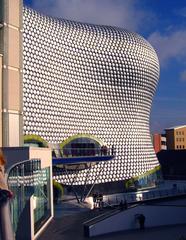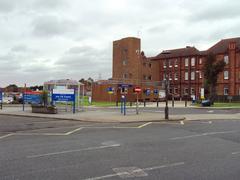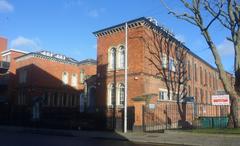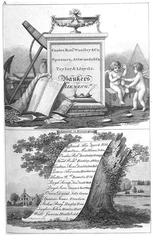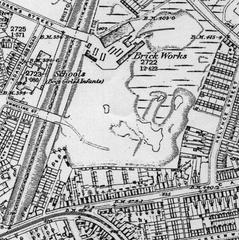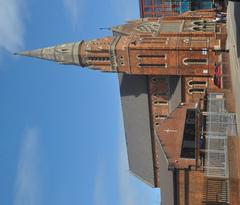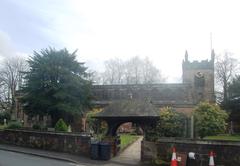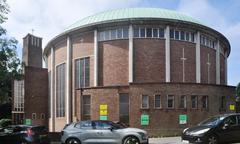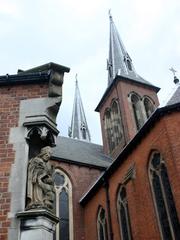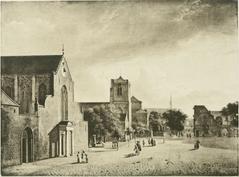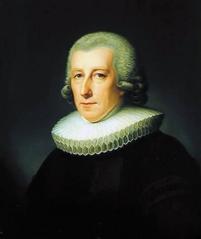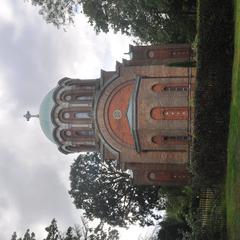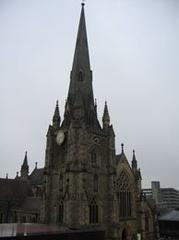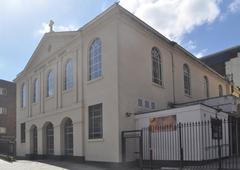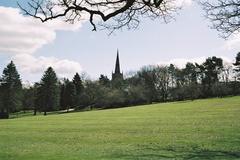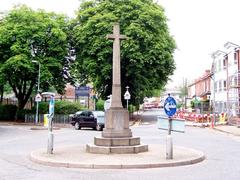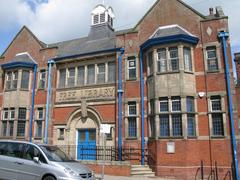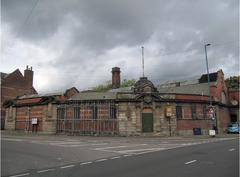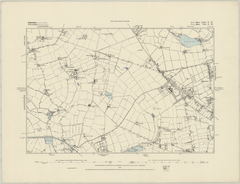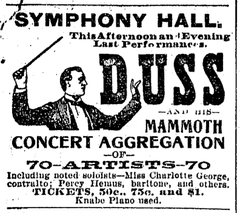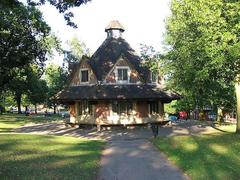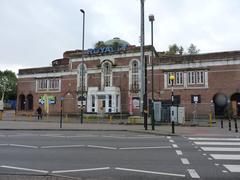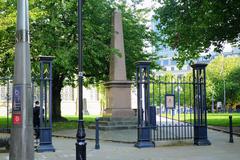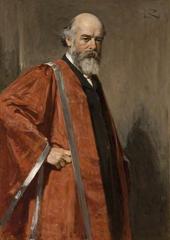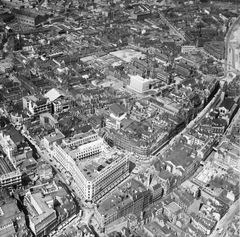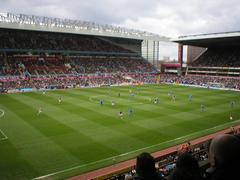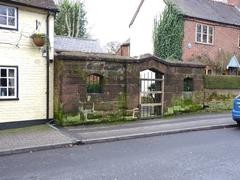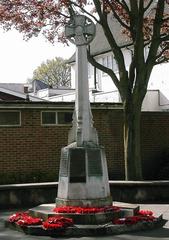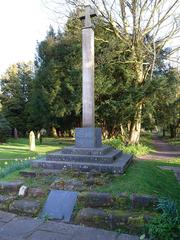Fort Dunlop Visiting Hours, Tickets & Birmingham Historical Sites Guide
Date: 15/06/2025
Introduction
Fort Dunlop, located in Birmingham’s Erdington district, stands as an enduring symbol of the city’s industrial heritage and remarkable urban regeneration. Originally the flagship factory of the Dunlop Rubber Company, Fort Dunlop evolved from being one of the world’s largest tyre manufacturing sites to a thriving mixed-use destination. This comprehensive guide explores Fort Dunlop’s rich history, architectural significance, visitor information (including visiting hours, ticketing, accessibility), travel tips, and nearby attractions, offering a complete overview for history enthusiasts and visitors alike (Birmingham Conservation Trust, ttypes.org, thegridproject.org.uk).
Table of Contents
- Origins and Early Development
- Expansion and Peak Industrial Significance
- Architectural and Cultural Impact
- Decline and Regeneration
- Redevelopment and Modern Legacy
- Visitor Information: Hours, Tickets, Accessibility
- Facilities, Amenities, and Events
- Travel Tips and Nearby Attractions
- Frequently Asked Questions (FAQ)
- Conclusion and Call to Action
- References and Further Reading
Origins and Early Development
Fort Dunlop’s origins date back to the early 1900s, when the Dunlop Rubber Company sought to expand its capabilities in response to booming demand for tyres. Construction began in 1916 and the site officially opened in 1917, designed by architects Sidney Stott and W. W. Gibbings. Its robust steel-framed and concrete construction was tailored for industrial scale, and the imposing red-brick façade quickly became a regional landmark (Birmingham Books, Birmingham Conservation Trust).
Expansion and Peak Industrial Significance
World War I dramatically increased the need for solid rubber tyres, propelling Fort Dunlop’s rapid expansion. By the 1920s and into the mid-20th century, it had become Birmingham’s largest factory, employing around 10,000 workers at its peak (Grapevine Birmingham). Dunlop’s innovations extended beyond tyres for everyday vehicles; the brand supplied tyres for motorsport and was the choice for record-breaking vehicles and Formula One teams.
Architectural and Cultural Impact
Fort Dunlop’s architecture exemplifies early 20th-century industrial design, with expansive open-plan spaces and long rows of windows maximizing natural light (thegridproject.org.uk). The building’s tower and illuminated signage made it a prominent feature of Birmingham’s skyline, visible especially from the M6 motorway.
Culturally, Fort Dunlop was at the heart of the local community, with generations of families working on site and forming strong bonds. Its role in wartime production, particularly during both World Wars, and its status as an industrial powerhouse, reinforced its place in local memory and identity (ttypes.org).
Decline and Regeneration
In the latter half of the 20th century, shifting global markets and increased foreign competition led to a steady decline in British manufacturing. Large-scale tyre production at Fort Dunlop ceased in the 1980s, and the site was left largely derelict for nearly two decades (Birmingham Conservation Trust). Despite its inactivity, the building’s striking façade remained a Birmingham landmark, famously featuring vast advertising displays.
Redevelopment and Modern Legacy
A major turning point came in the early 2000s, when developer Urban Splash, in partnership with architects shedkm and landscape designers Martha Schwartz Inc., led a visionary regeneration project (Urban Splash). Completed in 2006, the redevelopment preserved the historic red-brick shell, introduced a new atrium and green roof, and created a vibrant mixed-use complex.
Key features of the redevelopment include:
- 300,000+ sq ft of Grade A office space
- A circular light well atrium providing daylight throughout
- A penthouse level and extensive rooftop garden with panoramic views
- Award-winning RGB LED rooftop signage
- On-site retail, leisure, and hospitality spaces, including a 100-room Travelodge hotel (Travelodge)
Fort Dunlop’s transformation has earned multiple awards for its excellence in regeneration and heritage conservation (e-architect).
Visitor Information: Hours, Tickets, Accessibility
Visiting Hours:
- Office spaces: Open 24/7 for tenants; general visitor access typically during business hours (8:00/9:00 AM – 5:30/6:00 PM, Monday to Friday)
- Retail and leisure: Daily, 9:00 AM – 5:30 PM (Fort Dunlop)
- Weekend and special event hours may vary; always check the official website for updates.
Tickets:
- Entry to public areas (retail, food, hotel, rooftop garden) is free; no tickets required.
- Guided tours and special events may require advance booking and a fee.
Accessibility:
- Fully wheelchair accessible with lifts, ramps, and accessible restrooms
- Dedicated parking for disabled visitors
- Assistance available upon request (Travelodge)
Facilities, Amenities, and Events
- Offices: Home to over 40 businesses, including digital and creative industries (e-architect)
- Retail & Leisure: Costa Coffee, Subway, Scoff, 24-hour gym, and convenience stores (EDG Property)
- Travelodge Hotel: Modern accommodation with bar café, free parking, and accessibility features
- Nursery and Play Centre: Family-friendly amenities (Fort Dunlop)
- Rooftop Garden: One of Europe’s largest, used for events and networking, with panoramic city views (Urban Splash)
- Parking: Over 1,150 spaces, including visitor and hotel parking
Fort Dunlop regularly hosts exhibitions, performances, and business events. The rooftop and atrium provide excellent photographic and meeting spaces.
Travel Tips and Nearby Attractions
Getting There:
- By Car: Fort Dunlop (postcode B24 9FD) is directly accessible from the M6 (junctions 5 & 6).
- By Bus: Regular services connect from Birmingham city centre; a free shuttle bus operates at peak times (Fort Dunlop).
- By Rail: Erdington station is the nearest, with frequent connections to central Birmingham.
Nearby Attractions:
- Aston Hall
- Jewellery Quarter
- Castle Bromwich Hall Gardens
- National Motorcycle Museum
- The Fort Shopping Park
Combine your visit with shopping, dining, or exploring Birmingham’s rich cultural and industrial sites.
Frequently Asked Questions (FAQ)
Q: What are Fort Dunlop’s visiting hours?
A: Offices are generally open 24/7 for tenants; retail and leisure facilities operate 9:00 AM – 5:30 PM daily. Check the official website for special events or holiday hours.
Q: Do I need a ticket to visit Fort Dunlop?
A: No tickets are needed for public areas. Special tours or events may require advance booking and a fee.
Q: Is Fort Dunlop wheelchair accessible?
A: Yes, with lifts, ramps, and accessible restrooms throughout.
Q: Is there parking available?
A: Yes, over 1,150 parking spaces, including visitor and accessible parking.
Q: Are guided tours available?
A: Public guided tours are not regularly scheduled but may be arranged for groups or during special events.
Q: What amenities are available for families?
A: On-site nursery, play centre, and family-friendly facilities.
Q: How can I get to Fort Dunlop via public transport?
A: Use Birmingham’s local bus network, the free shuttle bus, or nearby rail services.
Conclusion and Call to Action
Fort Dunlop is a landmark of Birmingham’s industrial evolution and modern urban renewal. Its blend of historic architecture, contemporary amenities, and vibrant community atmosphere make it a must-visit destination for business, leisure, or cultural exploration. Plan your visit using the practical information provided, and consider pairing your trip with other local attractions for a memorable Birmingham experience.
For the latest visitor updates, events, and special guides, visit the official Fort Dunlop page, download the Audiala app, and follow Fort Dunlop on social media.
References and Further Reading
- Birmingham Conservation Trust
- The Grid Project
- Urban Splash
- Visit Birmingham
- Wikipedia
- ttypes.org
- Grapevine Birmingham
- Travelodge
- Fort Dunlop Official Site
- EDG Property
- e-architect
For images and virtual tours, visit the Urban Splash Fort Dunlop page and the official Fort Dunlop website. Alt text for images includes: “Fort Dunlop visiting hours”, “Fort Dunlop tickets”, and “Birmingham historical sites” for SEO optimization.
